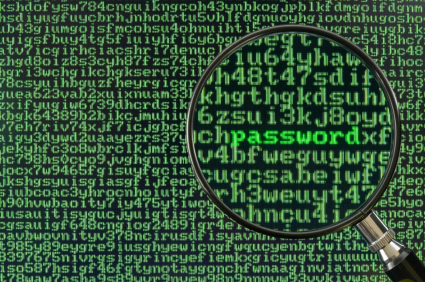How we help nonprofits
 Monday, March 18, 2013 at 10:09AM
Monday, March 18, 2013 at 10:09AM  One of the most important things that we value is the benefit that nonprofit organizations provide to our community. With this in mind we provide a diversity of tools to help nonprofits succeed in their missions,
One of the most important things that we value is the benefit that nonprofit organizations provide to our community. With this in mind we provide a diversity of tools to help nonprofits succeed in their missions,
- A discount on our hourly service and contract service rates.
- Provide access to low and no cost software and services available only to nonprofits
- Design, develop, implement and train individuals and organizations on Customer Relationship Management (CRM) / Operations Management Systems (OMS/ERP).
- IT support from simple desktop support to local and external network support.
Some examples of nonprofit support that we have provided are,
- Setting up a nonprofit association and membership website for a 250 member organization. This system allows a full featured website with private member area, social media integration, and automated membership processing. This includes payment processing; QuickBooks file output, and training materials with video tutorials. Volunteers now spend only 2 hours a month administering the system, rather than the previous 12 hours.
- Development of a Salesforce.com system to track organizational Key Performance Indicators (KPI’s), client record tracking with a full history of all client interactions incorporating audit features, and the ability to expand the database capabilities as the organization grows. The system resulted in a reduction of 32 hours of processing on a quarterly basis and allows the organization to meet their grant reporting requirements in a matter of minutes through automated reporting.
- An IT audit that resulted in the rationalization of a current organizations infrastructure. This included implementation of a virtual PBX phone system, remote access system, and automated backup. Software was updated using nonprofit discounted licenses. This saved the nonprofit in excess of $750 a month.
If you want to find out more about how we help nonprofits in metro Denver, contact up today at 303-997-2719.





